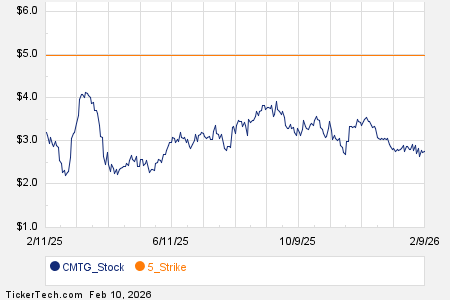Tesla Stock Surges as Investors Anticipate Changes Under Trump
Tesla (NASDAQ:TSLA) stock jumped 9% during Monday’s trading, closing around $350 per share. Since November 5th, the day of the presidential election, Tesla shares have climbed nearly 40%. The stock is now trading at levels last seen in early 2022, with its market capitalization exceeding $1.1 trillion—an increase of more than $300 billion in just a week. Investor optimism is rising, fueled by CEO Elon Musk’s close ties with President-elect Donald Trump. Musk significantly supported Trump’s 2024 campaign through financial contributions, campaigning efforts, and by leveraging his social media platform, X, to garner support. A portion of the recent gains is likely due to short covering, where short sellers buy back shares to mitigate losses, but long-term investors also see significant potential for Tesla if Trump implements favorable policies.
Stock Performance Compared to the Market
In recent years, TSLA stock has experienced notable volatility. The returns were 50% in 2021, -65% in 2022, and 102% in 2023. So far in 2024, the stock has returned 44%. In contrast, the Trefis High Quality (HQ) Portfolio, comprising 30 stocks, has been less volatile and has outperformed the S&P 500 each year. But why is that? The HQ Portfolio inherently provides better returns with decreased risk compared to the benchmark index, exhibiting more stability in performance.
Potential Benefits of a Trump Administration for Tesla
Although Tesla doesn’t receive major federal grants or contracts, it benefits from incentives available to all automakers, like the $7,500 tax credit for EV purchases and sales of emission credits. Investors believe that regulations under Trump could tilt in Tesla’s favor. For instance, reductions or eliminations of EV subsidies may disadvantage manufacturers like Rivian, GM, and Ford, but could benefit Tesla, which is one of the industry’s lowest-cost producers. With its ability to manage costs effectively, Tesla stands to gain market share in a less regulated environment.
Furthermore, Trump’s trade policies could strengthen Tesla’s competitive edge. Potential measures may include higher tariffs on imported EVs or improved access to international markets as Trump advocates for the removal of tariffs on U.S. goods. Additionally, Trump’s support for tax cuts could provide financial advantages for U.S.-based manufacturers like Tesla. Regulations that foster advancements in AI and autonomous technologies may also help propel Tesla forward. With fewer regulatory roadblocks, Tesla could accelerate the deployment of self-driving features, reinforcing its leadership in the autonomous vehicle sector.
Challenges Ahead for Tesla
Despite recent market gains, Tesla faces challenges due to decreasing demand for its EVs and increased competition. Revenue growth is projected at a modest 3% for 2024, according to consensus estimates. Investors hoping for swift improvements under Trump should moderate expectations as many of Tesla’s hurdles are linked to competition and the overall electric vehicle marketplace. For example, the aging Model S, introduced in 2012, has seen minimal upgrades, which is less favorable compared to newer offerings from competing companies, especially those based in China.
The market for early adopters is showing signs of saturation, limiting the number of new buyers. Moreover, Tesla’s aggressive price cuts over the last year seem to have reduced their initial effectiveness as competition intensifies. The automotive gross margin has shrunk to roughly 16% in the latest quarter, excluding tax credit sales, down from approximately 29% at the end of 2021. Following recent stock rally, Tesla’s valuation seems high.
Currently, the stock trades at an impressive 100 times the estimated earnings for 2025—a sizable hurdle for the company to overcome in growing into this valuation. With little margin for error, any slowdown in growth could raise concerns. We value Tesla stock at approximately $240 per share, well below its current market price. For further insights on Tesla’s valuation relative to its peers, check our analysis on Tesla Valuation: Is TSLA Stock Expensive Or Cheap? For additional information on Tesla’s business model and revenue trends, refer to our dashboard on Tesla Revenue: How Does TSLA Make Money?
| Returns | Nov 2024 MTD [1] |
2024 YTD [1] |
2017-24 Total [2] |
| TSLA Return | 43% | 44% | 2412% |
| S&P 500 Return | 5% | 26% | 168% |
| Trefis Reinforced Value Portfolio | 10% | 26% | 837% |
[1] Returns as of 11/12/2024
[2] Cumulative total returns since the end of 2016
Invest with Trefis Market-Beating Portfolios
See all Trefis Price Estimates
The views and opinions expressed herein are the views and opinions of the author and do not necessarily reflect those of Nasdaq, Inc.





